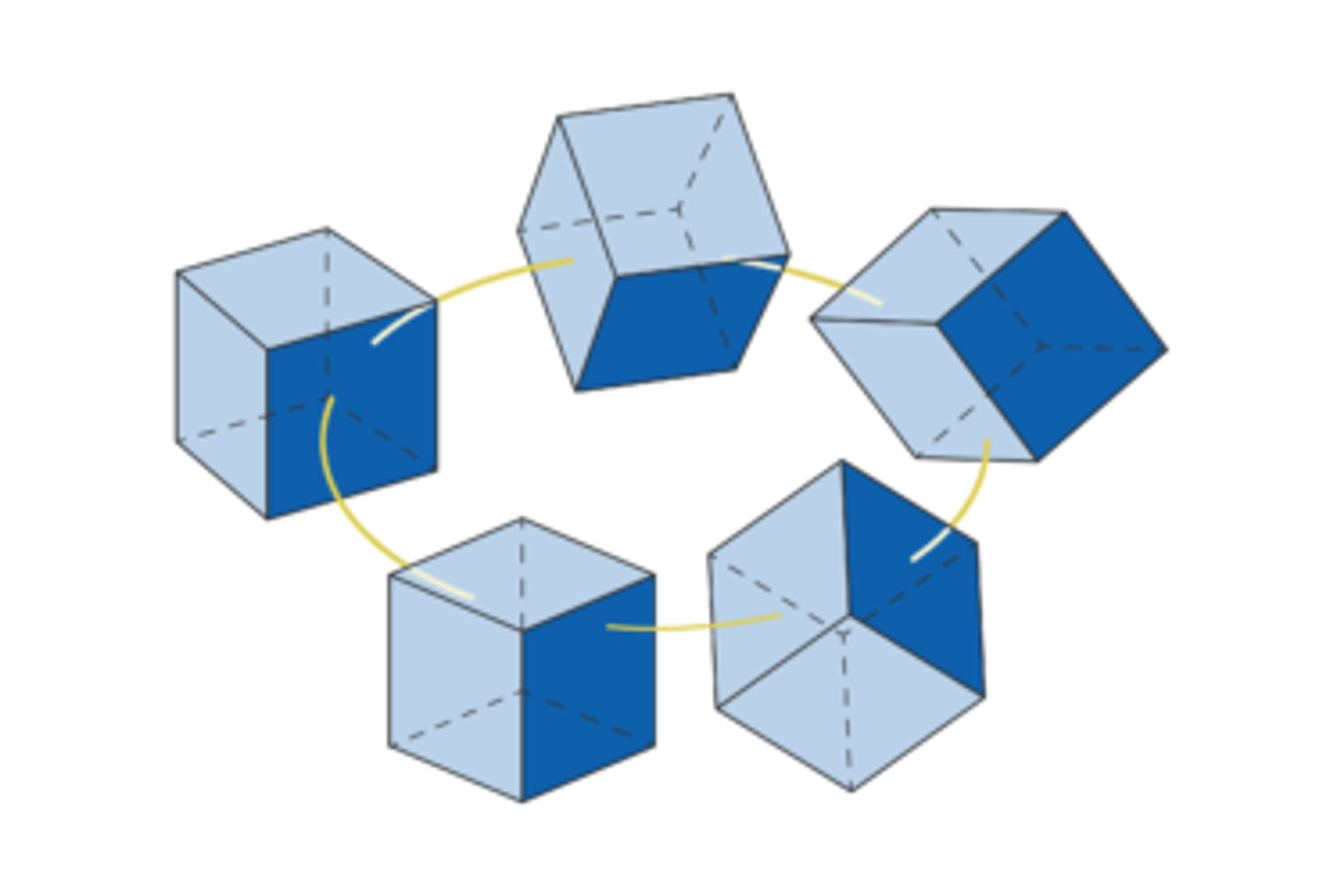Blockchain

A blockchain is basically a chronological list of data files that are simply added to. The technique has been made popular by Bitcoin, as a blockchain is used for the administration of Bitcoin transactions. In doing so, a block is added every 10 minutes on average, comprising a few thousand transactions and a reference to the previous block. Thus a chain of blocks, or blockchain, is created.
Bitcoin is a decentralised financial system, which means that the administration is taken care of and controlled by a large group of participants, in which nobody is the boss. This is the essence of this innovation: that together a large group of strangers reach a consensus on the administration of the system.
In this context, a blockchain is indispensable because it brings order. A large group of unknowns does not have a common sense of time. As each block is linked to the previous one, a chronological order is created. The other side of the coin is that outside the decentralised system, a blockchain has no added value. It is therefore mainly an inefficient way of storing data.
One problem is how to determine who can add the next block to the blockchain. Ideally, it is another random participant each time. The problem is solved by a consensus mechanism, i.e. the way in which a consensus is reached. One of the properties of a robust consensus mechanism is that participants cannot impersonate multiple people and thus cast multiple votes when the administration is determined.
The Bitcoin mechanism is called 'Proof of Work'. This means that participants ('miners') get a vote in proportion to the computing power they contribute. Since computing power costs energy, no one can falsify its influence. There are other consensus mechanisms, such as the 'Proof of Stake'. Here, participants ('validators') are offered a voting right proportional to the amount they block. In a decentralised public system such as Bitcoin or Ethereum, anyone can become a participant in the network, keep a full copy of the blockchain and check in person whether all the rules are being followed. It is not necessary to place one's trust in a public authority, a bank or a technology company.


